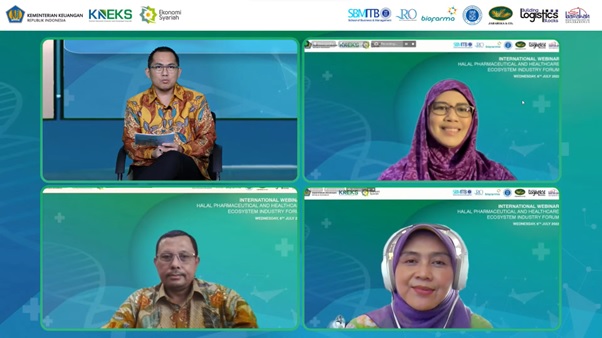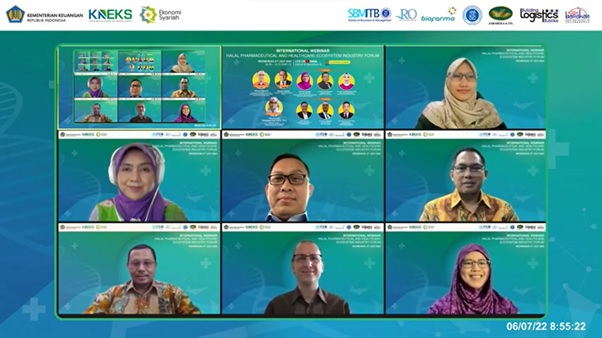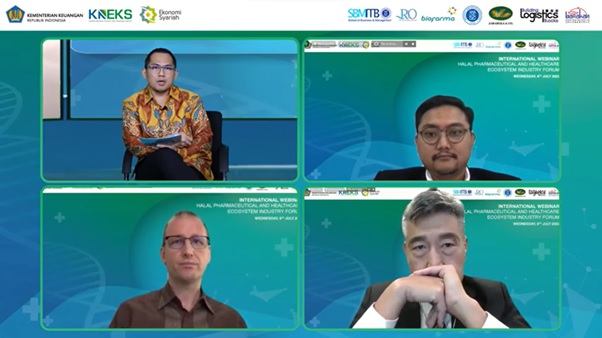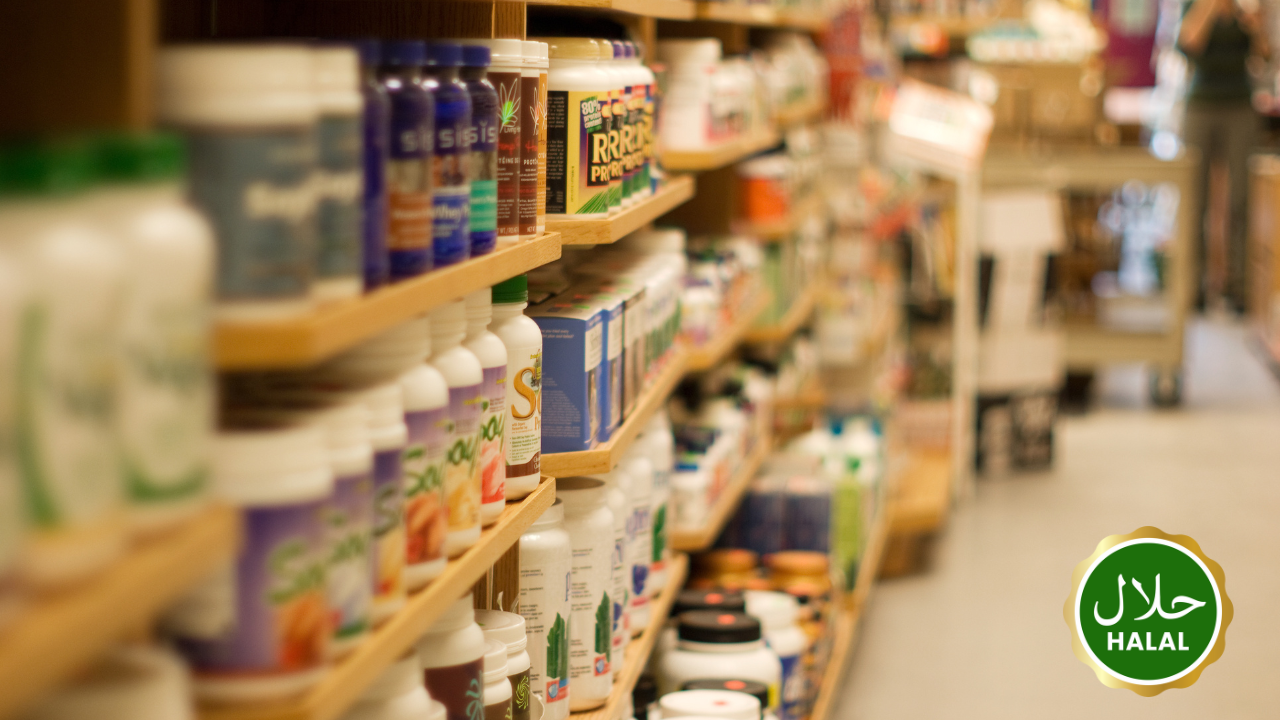The International Webinar Halal Pharmaceutical and Healthcare Ecosystem Industry Forum was conducted on Wednesday (6/7/2022) and hosted by the National Committee for Sharia Economics and Finance (KNEKS). KNEKS, as an architectural organization for Islamic finance, organizes events to communicate and strengthen the halal value in society from multiple perspectives. This time, the international forum is debating how to address the social unrest caused by the Covid-19 pandemic.

The challenge, particularly from the health aspect, is the halal certification of previously existing health products. With the halal certification, consumers (both Muslim and non-Muslim) have a peace of mind that the product is safe, effective, high-quality, and clean.

According to Nila, the problem with health services in Indonesia cannot be seen solely through vaccines. The lack of a hospital with a Sharia-compliant certificate of competence can also impede the advancement of the halal principle. This number of the hospital is still less than 100. If it is are traced further, this sharia hospital cannot stand alone. But it is supported by halal pharmaceuticals and medical equipment, halal food, halal finance, and other supporting goods and services.
“As a public product, medical sharia must be supported by various factors, including regulations, standardization, internal service values, and low hospital operators. It is hoped that by improving brand image, infrastructure service quality, sharia services, and other additional services through competency standardization and internal value training, it will attract potential novelty in the eyes of the public,” said Nila.

Roziatul Akmam Osman, Principal Parent & Halal Industry Strategist Rozi Osman International PLT, followed the session. He mentioned public concern about the halalness of a vaccine from members of Muslim beliefs. Because according to Muslim beliefs, we must be accountable to Allah for the products we consume. The products consumed must contain halalan toyiban elements guaranteed to be safe, effective, high-quality, and free of contaminants.
“In the long run, we need to consider this halal medical certification. We must respect the patient’s heartfelt beliefs. As a result, consumers and businesses can provide maximum value to each other while respecting each other,” said Roziatul.
Furthermore, M Rahman Roestan, Operation Director of PT Bio Farma, explained that, despite the complexities, the pharmaceutical industry is very expensive, risky, and highly regulated. Developers need more than ten years to create pharmaceutical and biotechnology products that benefit society. As a result, we must be able to design the halal aspect from the start, which we call Halal By Design. We can be certain from the start to provide quality products that are guaranteed halal.
Ilma Nugrahaini, Head of Halal Study Center ITB, explained that Halal By Design is a systematic and science-based approach to designing and building halal products. This begins with the planning process, followed by selecting halal raw materials, processing, and halal management based on Sharia principles.
“It’s all based on the idea that prevention is better than cure. This means that we must plan very carefully so that the results are effective, efficient, and by Sharia principles,” Ilma explained.
This halal principle will soon be applied to items other than those we directly consume. However, it also permeated each branch associated with it. One example is the development of a Halal Industrial Estate. According to Onky Martha, VP of Business Development at PT Jababeka Tbk, Jababeka opened a Halal Industrial Estate this year. There are two pharmaceutical parties involved and about ten sharia-certified hospitals.




